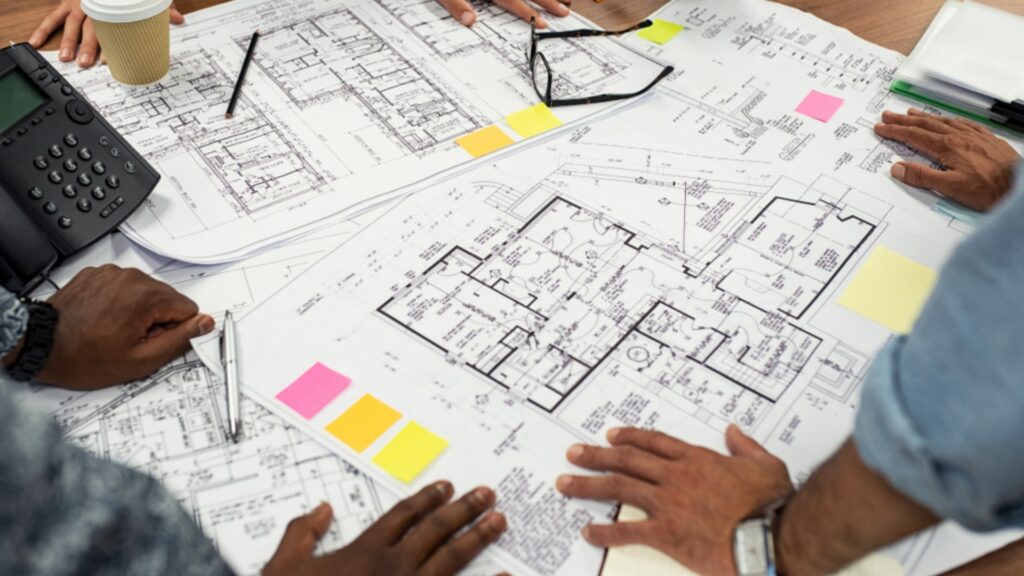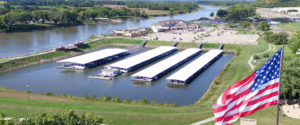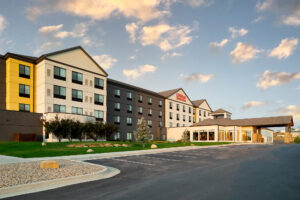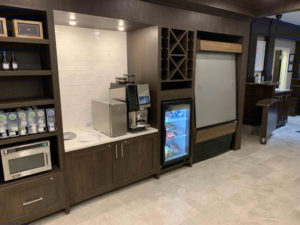At HEGG, we’re in the business of creating communities, and development plays a big role in our process. Development is a lot more than just constructing buildings, it’s about building unique, lasting experiences that will enrich the community.
HEGG Development Group is uniquely positioned to breathe life into ambitious development projects of all types, thanks to the real estate and development expertise of Peter and Paul Hegg, and the capital market experience of Jared Vilhauer and Wade Behm. We recently sat down with President & CEO, Paul Hegg, to talk more about the process and a behind-the-scenes look at land development. Learn more with our Q&A below.
How is land development different from construction? How much crossover is there between the two?
“Real estate development or property development is defined as a business process, encompassing activities that range from the renovation and re-lease of existing buildings to the purchase of raw land and the sale of developed land or parcels to others. Land development requires securing the proper entitlements to construct the necessary infrastructure including but not limited to all the utilities, curbs, gutter, and rights-of-ways. The primary fundamental of land development is to essentially take a large tract of land and break it down into smaller lots and sell those lots to be developed into industrial, commercial, office, and/or residential. Real estate development can also extend to the development of those respective properties. It includes ensuring the same entitlement process but also requires securing financing and the physical construction of the property developed. Simply put, construction is just a step in the process of development, and plays an integral part in the development process as it helps identify and establish the costs associated with the development. This parlays into the economics and whether the development makes financial sense to complete.”
What does HEGG look for when it comes to land development or a community to invest in?
“It is simply a function of opportunity. What are the potential needs in the area and can those be monetized? What opportunities could we leverage into other project developments on the land? What potential incentives are available such as Tax Increment Financing or other programs that help with making land development financially viable? If the development infrastructure input costs are borne solely by the development and without any participation from the municipality it usually becomes problematic to make the economics work without the previously mentioned incentives.”
What does the general timeline look like from start to finish of a development project?
“There are no canned timelines that apply. It’s a function of time is money and so the quicker the better. With that being said you can anticipate from when an Idea to develop is hatched it takes approximately 12 to 24 months before substantially complete.”
What are some unique challenges that arise with these types of projects?
“Dealing with the unknowns that arise throughout the process. Land is particularly challenging in that you don’t know what lies beneath. Are the soils not suitable for construction without adding more costs? Is there any contamination as a result of something that has happened in the past and needs to be remediated thus driving up the cost or rendering the land undevelopable? Are there easements or restrictions limiting development opportunities? Are there other environmental conditions limiting or restricting the development? All of which for the most part are out of one’s control. In addition to physical challenges, sometimes stereotypes of a certain land development project, from communities may arise and working against those tides creates challenges. Lastly, one’s development schedule doesn’t always match the urgency or time sensitivity of others so can create delays and delays cost money.”
What does it look like working with the city on land development projects?
“Each municipality is unique in their own way. Finding one that is pro-development is critical to the success of any project. From buying land (privately or from the city) to obtaining city permits and approvals to submitting plans request for proposal (RFP) process – chance to buy or develop on land, once approved and the bid accepted, there are a lot of licenses and approvals to work on gathering from and with the city.”
If you are looking to create something special, we are ready to be by your side. HEGG is actively looking at expanding and seeking out new business and partnership opportunities. If our work resonates with you, we would love to discuss a collaboration.









